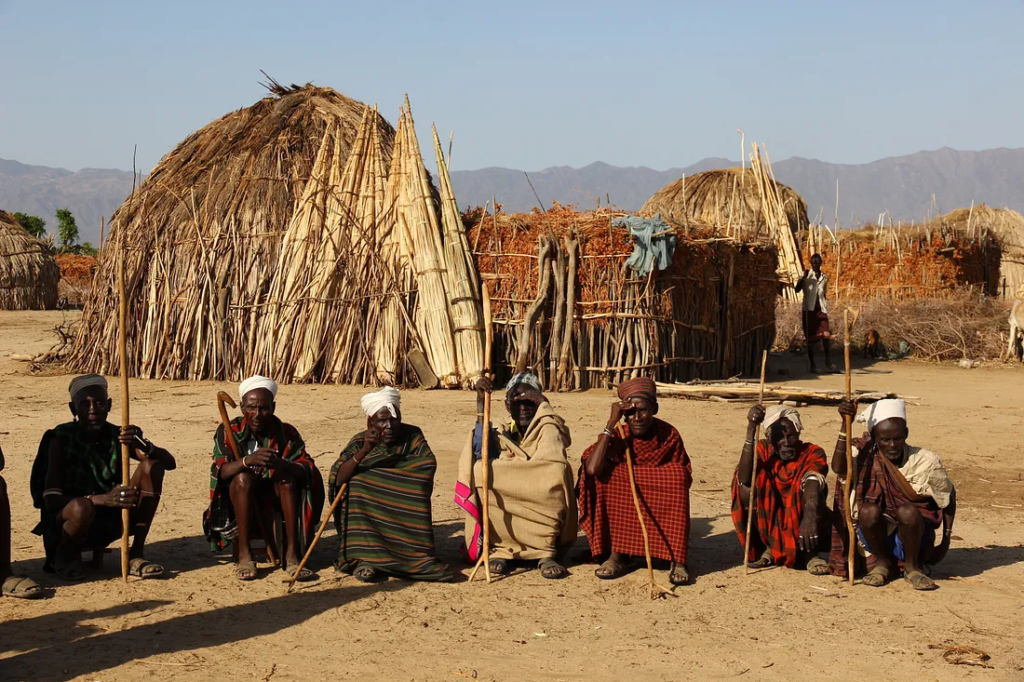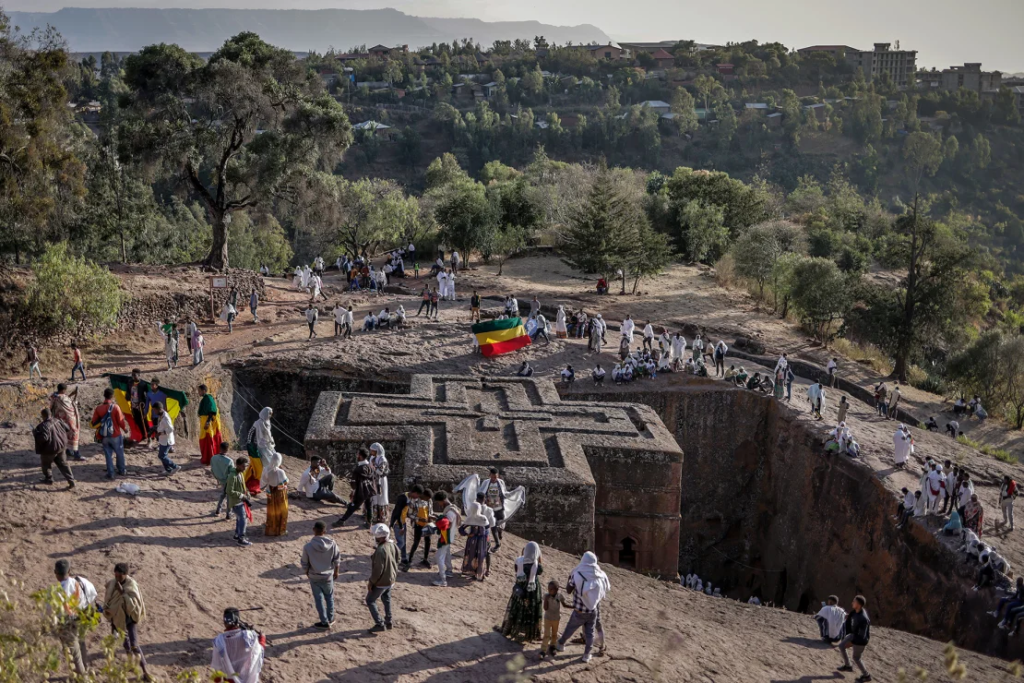
While the world ushers in 2024, Ethiopia finds itself celebrating another year entirely. Today, June 16th, 2024, on the Gregorian calendar translates to Hamle 9th, 2016, on the Ethiopian calendar. The Ethiopian calendar’s rich history and continued use showcase the fascinating diversity of timekeeping systems across the globe.
In Ethiopia, time runs differently. While most of the world follows the Gregorian calendar, introduced by Pope Gregory XIII in 1582, Ethiopia uses its ancient calendar. Because of this, Ethiopia is technically in the year 2016, seven to eight years behind the Gregorian calendar.
Why is Ethiopia Behind?
The Ethiopian calendar is based on a different calculation of the birth year of Jesus Christ. Unlike the Gregorian calendar, which adjusted its calculation in 500 CE, the Ethiopian Orthodox Church kept the original dates. This unique calendar has 13 months—12 months of 30 days each and a 13th month of five or six days, depending on the leap year.
Unique Traditions

Ethiopia celebrates its New Year, known as Enkutatash, on September 11. This date coincides with the blooming of the Adey Abeba flower, a symbol of new beginnings. The Ethiopian calendar also follows a 12-hour clock system that runs from dawn to dusk, starting at 1 a.m. This means what the rest of the world calls 7 a.m., Ethiopians refer to as 1 a.m.
Daily Life and Challenges
Many Ethiopians juggle both the Ethiopian and Gregorian calendars, especially in international business and education. This dual system can lead to confusion, such as when scheduling appointments or travel. Despite these challenges, Ethiopians like Abel Gashaw, a photographer. He prefers their traditional calendar, finding it more logical and in tune with the natural seasons.
Cultural Significance

Historian Verena Krebs highlights that the Ethiopian calendar is just one example of many different ways of tracking time around the world. For instance, the ancient Egyptian calendar marks the year 2024 as 6266. Krebs believes that every culture’s method of timekeeping has deep historical and cultural roots that should be preserved.
Looking Ahead
As Ethiopia continues to develop and its people become more connected globally, there might be pressures to conform to the Gregorian calendar. However, many Ethiopians, including Gashaw and Krebs, feel that their unique calendar and timekeeping system are important parts of their cultural identity and should be maintained.
Ethiopia stands as a reminder that there are many ways to understand and measure time, each with its own rich history and significance.

